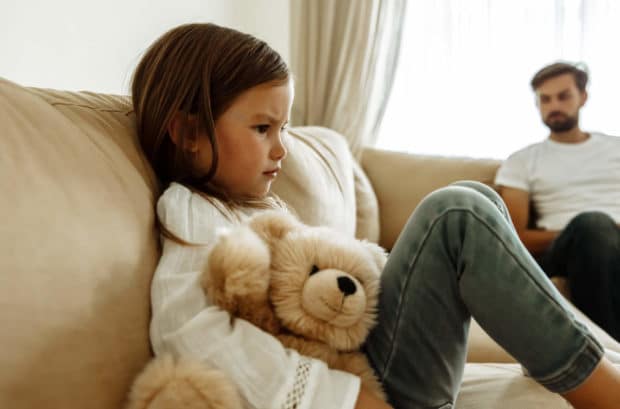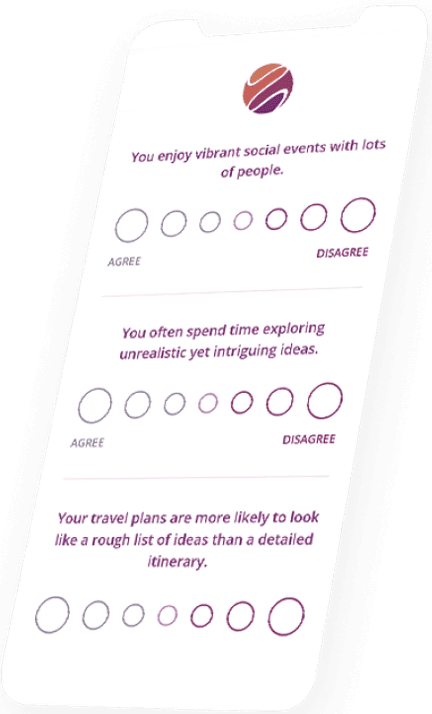

Child
Depression and Mood Disorders

Depression and Mood Disorders
Overview
Most children feel sad from time to time. But if your child is unusually withdrawn, irritable, or sad, they may be suffering from depression. Depression in children makes it difficult to function and enjoy life like they once did, and just getting through the day can be overwhelming. But no matter how depressed your child may feel, children can get better. Understanding the symptoms, causes, and treatment of depression is the first step to overcoming the problem.
While some depressed children appear sad, others do not. In fact, irritability—rather than depression—is frequently the predominant symptom in depressed children. A depressed child may be hostile, grumpy, or easily lose his or her temper. Unexplained aches and pains are also common symptoms of depression in young people. If left untreated, child depression can lead to problems at home and school, drug abuse, self-loathing, and even irreversible tragedy such as homicidal violence or suicide. But with help, child depression is highly treatable.
Greenwich Psychology Group child clinicians can help your child reduce their symptoms and increase the quality of life. Our goal is to ensure your child continues to grow and thrive to their fullest potential.
What is Child Depression?
A depression diagnosis may be given when a child experiences a discrete depressive episode lasting at least two weeks. While depressed, children feel sad or irritable and lose interest or pleasure in almost all activities. As a result, they fall behind in school and lose meaningful peer relationships. Depression can occur at any age but is more apparent in adolescence.
Every child's experience of depression is different. Depression is caused by a combination of biological, psychological, and social factors. A family history of depression may predispose a child to have depression. Environmental factors, such as extreme stress or unexpected life events, can also contribute to depressive disorder. The risk of recurrence is higher in children who do not have healthy coping skills.

How Does Child Depression Differ from Adult Depression?
For children and teens, the predominant moods are irritability or anger rather than sadness. They may sleep too much or too little, experience difficulty concentrating, and manifest as overactivity or aggressive, antisocial behavior. Younger children with depression are more likely to have physical symptoms because they cannot yet recognize or talk about their emotions.
Signs and Symptoms
The symptoms of depression are not the same for every child. Many times, childhood depression goes undiagnosed because it’s dismissed as a normal phase of emotional and psychological change that occurs during growth. If you think your child or teenager might be depressed, it is critical to seek help. Watch for the following signs and symptoms. Children with depression should be watched closely for warning signs of suicidal behavior, including increased risk-taking, social isolation, self-harm, and frequent talk of death or hopelessness.
Physical Signs
- Fatigue and low energy levels
- Changes in appetite (increase or decrease)
- Weight gain or weight loss
- Sleeping too much or too little
- Frequent stomachaches or headaches
Mental and Emotional Signs
- Irritability
- Anger
- Sadness
- Despair
- Boredom
- Low self-esteem
- Feeling hopeless or helpless
- Feeling guilty
- Thoughts of death or suicide
Behavioral Signs
- Difficulty concentrating
- Difficulty making decisions
- Lack of motivation
- Withdrawing from friends and family
- Trouble with relationships
- Increased sensitivity to rejection
- Vocal outbursts or crying
- Losing pleasure and interest in hobbies
- Running away from home or threatening to
- Rebellious or high-risk behavior, such as alcohol or drug use
- Reduced ability to function in school or during extracurricular activities
Treatment for Depressive and Mood Disorders
At GPG, our clinicians utilize different types of evidence-based therapy for treating depression. An accurate diagnosis er is the first step in managing it effectively.
Cognitive behavior therapy (CBT) is the gold standard for treating children and teenagers with depression. This approach teaches children to cope with depression by changing problematic thoughts, feelings, and behaviors. The child learns to identify triggers, stop unhelpful thought patterns, manage their symptoms, and improve their problem-solving abilities.
Dialectical behavior therapy (DBT) is a specialized form of CBT that can be helpful for children with severe depression who may engage in risky behavior, self-harm, and suicidal ideation. DBT helps children learn to manage very intense or painful emotions by practicing mindfulness and developing strategies for handling difficult situations in a healthy way. Families and schools may be included in these treatment plans.
Children and teenagers are not all alike, and they are not mini-adults. They are developing and changing rapidly, requiring a who can customize and adapt their treatment plan. Our expert child clinicians have various strategies to help children learn healthy coping skills, including physical activity, sufficient sleep, nutritious food, social support, and predictable routines.
Getting treatment for depression can feel daunting for the child and the family alike. While this experience is challenging, help is available. The skills your child learns with a GPG clinician will be available to them for life, and with the proper treatment plan and support system in place, your child can rediscover joy and meaning in their life.

Take the GPG Symptom Checker
At Greenwich Psychology Group, our symptom checker helps clients track their symptoms of depression or anxiety. Taking the assessment doesn't provide a formal diagnosis, but it can help you determine what next steps you may need to take. The evaluation uses a series of questions to review the feelings and symptoms you've experienced over the past two weeks. The results will help you distinguish if professional help is the best next step.
BeginLatest Topics
Blog Articles
Most recent publications, interviews, blogs, and tips.



Book a Consultation
Hours of Operation
Mon – Sat: 8am to 8pm
Office Address
15 Valley Drive 1st Floor
Greenwich, CT 06831






